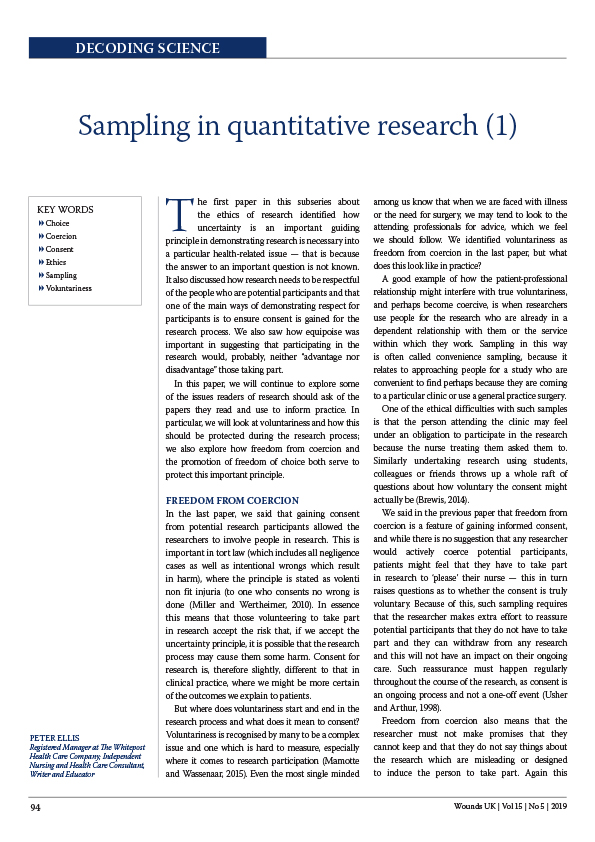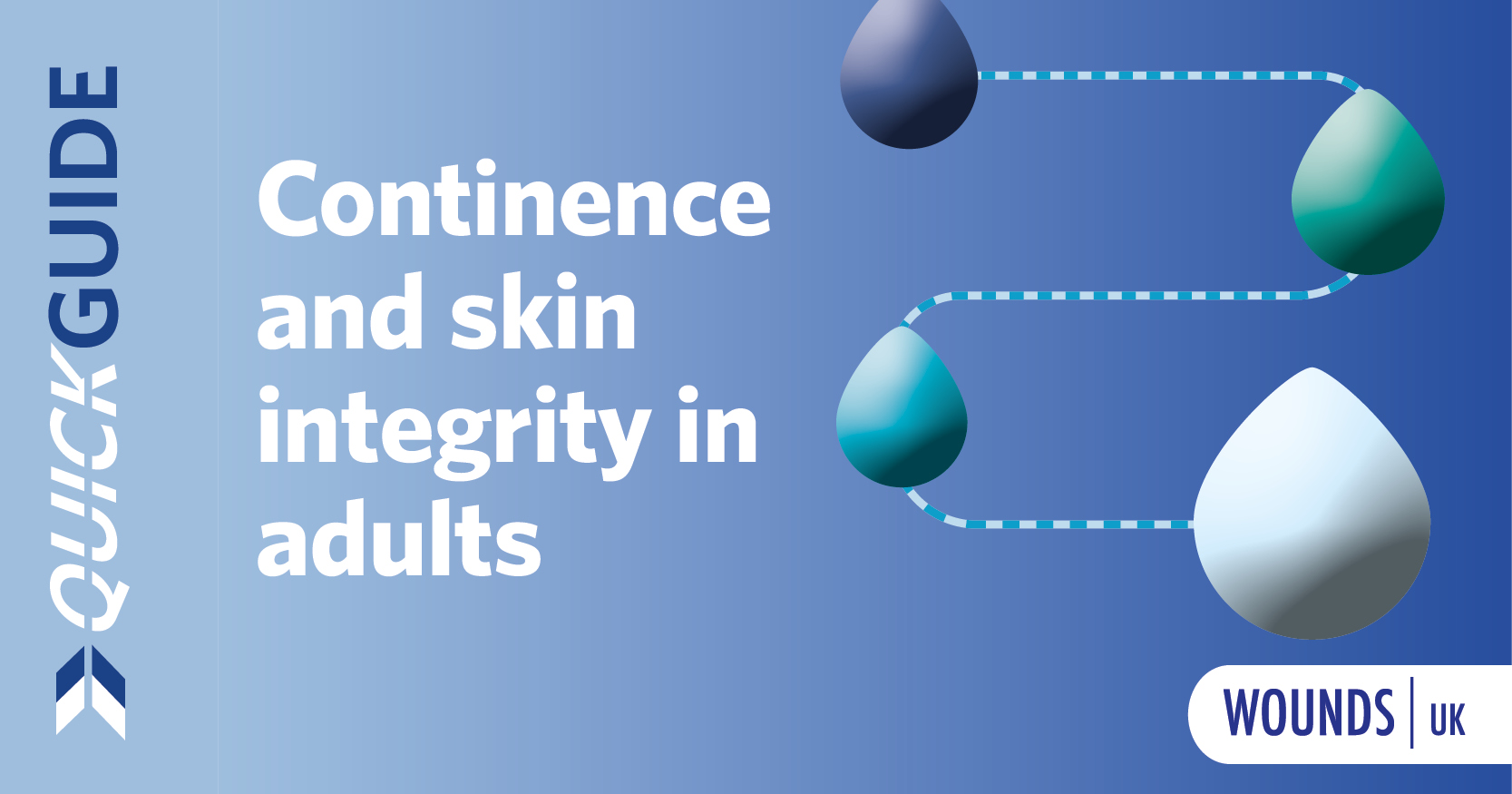The first paper in this subseries about the ethics of research identified how uncertainty is an important guiding principle in demonstrating research is necessary into a particular health-related issue — that is because the answer to an important question is not known. It also discussed how research needs to be respectful of the people who are potential participants and that one of the main ways of demonstrating respect for participants is to ensure consent is gained for the research process. We also saw how equipoise was important in suggesting that participating in the research would, probably, neither “advantage nor disadvantage” those taking part.





